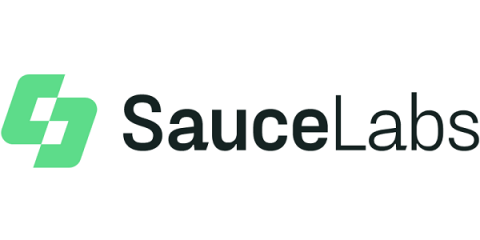Systems | Development | Analytics | API | Testing
September 2020
Who Should Be Focusing on Faster Test Results?
How Effective Data Management Can Keep Your Tests Independent
Better Together: Real Devices, Emulators & Simulators for Mobile Testing
Ten years ago I saw a Selenium test that could click on a capital "I" that was one pixel wide. I was not capable of clicking on it myself. Around that time, a lot of people began using phrases like "End to end is further than you think." Simulators and emulators, after all, could not simulate heat, poor memory management, low power, and other problems. Then again, that was ten years ago.
Speeding Up Your Tests
A common complaint that I hear is: “My tests run a lot faster locally than on Sauce Labs.” Sauce Labs is in the cloud and not in your local network, so it makes sense that any given test is going to have some amount of slowdown. The advantage of Sauce Labs is that you can make up this difference by scaling up the number of tests you run at the same time.
SeleniumConf Virtual 2020 Recap
This year the Selenium Conference was held virtually, and despite that, the conference again offered an exciting place for the Selenium community to meet in order to share and learn about the most popular browser automation tool in the world. The conference offered talks about improved testing practices, new tools to simplify the setup of automated tests, the future of Selenium, and lots of learnings from speakers who shared their use cases and practical advice for how they use Selenium at work.
Using Sauce Labs and Jenkins
Tech Tip: Best Practices For Using Sauce Connect
When your team moves to a cloud testing solution like Sauce Labs, creating a solid, secure connection is likely to be a top priority. One of the solutions to this challenge is Sauce Connect proxy. This is a command line tool that your team can use to create a TLS tunnel from your environment out to Sauce. This can be used to test applications that are not publicly facing; for example, if your team needs access to a local host system or a dev or staging environment.








